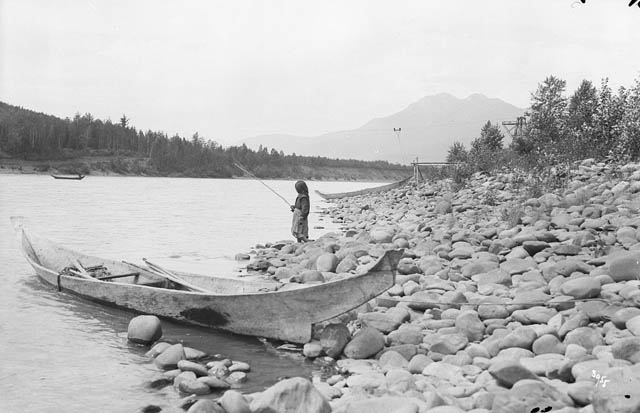On June 21, 2019 Canada commemorates National Indigenous Peoples Day. Earlier in June, the Missing and Murdered Women and Girls report came out, calling Canada’s treatment of Indigenous peoples “genocide.” So now, what do we do? On National Indigenous Peoples Day, the Activist Toolkit is highlighting organizing that’s being done to stop the continued discrimination. Stand with these organizers.
1. Stop exposure to toxic waste.
On June 6, the UN Special Rapporteur on Toxics issued a report based on his eight-stop visit of Canada staying that:
…he was “quite disappointed” with a lack of clear answers from Ontario and Ottawa regarding why a remedy has not been found for the community of Grassy Narrows half a century after the discharge of 10 tonnes of mercury upstream from the First Nation, located about 100 kilometres northeast of Kenora, Ont. — Olivia Stefanovich, CBC
Read his complete findings here. FreeGrassy.net lists ways in which you can continue to support the complete clean-up of the Grassy Narrows. You can also watch and share this documentary about Canada’s toxic chemical valley. Demand action to clean up Canada’s chemical valley.
2. Stand with women.
The Activist Toolkit put together a blog about ways to support the implementation of the findings of the Missing and Murdered Indigenous Women and Girls report. Right now there are also 60 Indigenous women are pursuing a class-action lawsuit launched last year, alleging they underwent forced sterilizations over the past 20 to 25 years in Saskatchewan. Follow this case and read more on this page from the law firm pursing the class action.
3. Stand with land and water defenders.
Right now, the Secwepemc Land Defenders and their Tiny House Warriors are working to block the planned route of the Trans Mountain Expansion pipeline. Water defenders are also standing against the Muskrat Falls megadam project. These are just two fights: across Canada, there are First Nations communities standing up for the environment, .
4. Stand for clean drinking water.
The Council of Canadians has been doing a lot of work to raise awareness about issues around water. Support their efforts.
5. Don’t be fickle.
The news cycle and focus on who is in the mainstream media is difficult for organizers because there is a tendancy for public support to wane when the organization is no longer in the news. Pick an organization like Idle No More or Pull Together and continue to stand with them. It will take sustained attention and action to make real change.
Maya Bhullar is rabble’s Activist Toolkit Coordinator. The Activist Toolkit Blog is the place to catch up on what’s new with the Toolkit. With roundups of newly added tools, highlights of featured tools and extra multimedia content, you’ll get up to date info on grassroots organizing.
Image credit: William James Topley/Library and Archives Canada/Wikimedia Commons



